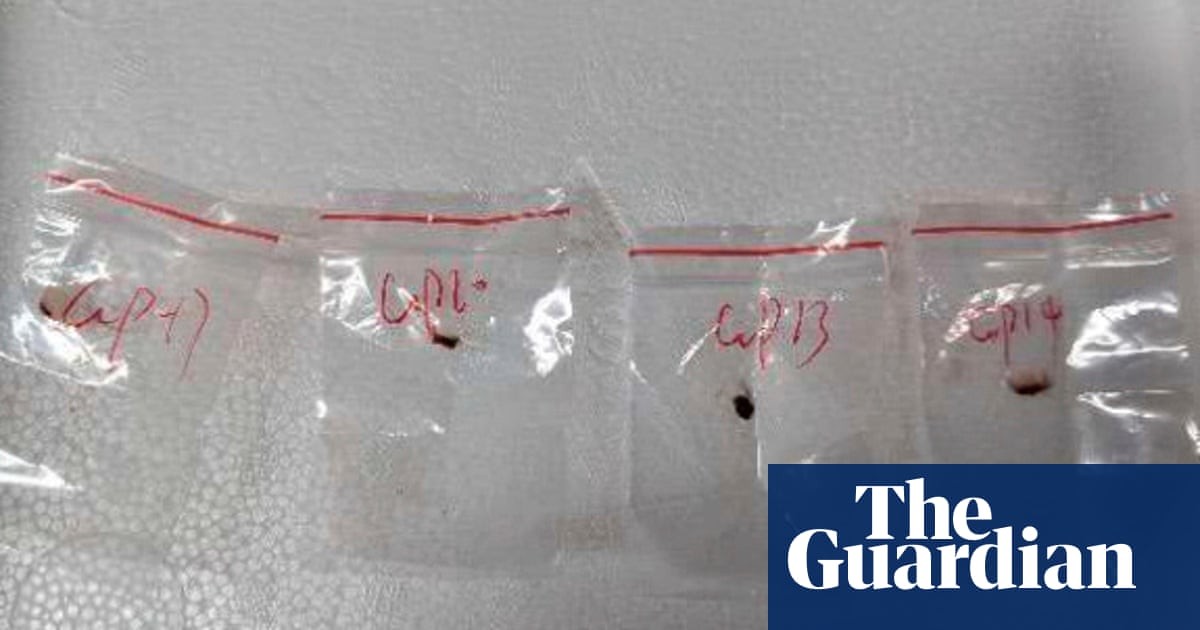Two Chinese scientists have been charged with smuggling a toxic fungus into the United States that they planned to research at an American university, the justice department has said.
Yunqing Jian, 33, and Zunyong Liu, 34, are charged with conspiracy, smuggling, false statements, and visa fraud, the US attorney’s office for the eastern district of Michigan said in a statement on Tuesday.
The justice department said the pair conspired to smuggle a fungus called Fusarium graminearum into the United States that causes “head blight,” a disease of wheat, barley, maize, and rice.
The fungus is classified in scientific literature as a “potential agroterrorism weapon,” the FBI said, and causes billions of dollars in losses each year.
It causes vomiting, liver damage, and reproductive defects in humans and livestock, it said.
Jian appeared in court and was returned to jail to await a bond hearing on Thursday. An attorney who was assigned only for her initial appearance declined to comment.In July 2024, Liu was turned away at the Detroit airport and sent back toChinaafter changing his story during an interrogation about red plant material discovered in his backpack, the FBI said.He initially claimed ignorance about the samples but later said he was planning to use the material for research at a University of Michigan lab where Jian worked and where Liu had previously worked, the FBI said.
According to the complaint, Jian and Liu, her boyfriend, had both previously conducted work on the fungus in China.
The FBI said authorities found a scientific article on Liu’s phone that was titled, “Plant-Pathogen Warfare under Changing Climate Conditions.”
Messages between the two in 2024 suggest that Jian was already tending to Fusarium graminearum at the campus lab before Liu was caught at the Detroit airport, the FBI said. The university does not have federal permits to handle it.The US does not have an extradition treaty with China, which makes Liu’s arrest unlikely unless he returns.
US Attorney Jerome Gorgon Jr described the smuggling of the fungus into the United States as a “national security” concern and emphasized Jian’s membership of the Chinese Communist party.
“These two aliens have been charged with smuggling a fungus that has been described as a ‘potential agroterrorism weapon’ into the heartland of America, where they apparently intended to use a University of Michigan laboratory to further their scheme,” Gorgon said.
US secretary of state Marco Rubio vowed last week to “aggressively revoke visas” for Chinese students, a movecondemned by Beijingas “unreasonable” and “discriminatory.”
The move is part of a wider crackdown on immigration by the Trump administration. The US has also said it willrefuse visas to foreign officialswho block Americans’ social media posts and hasrescinded visas for peoplewho criticize Israel.
Meanwhile, Kseniia Petrova, a scientist from Russia at Harvard, isfacing potential deportationafter she failed to declare biological samples in her luggage upon returning from a trip to Paris.
Associated Press and Agence France-Presse contributed to this report
